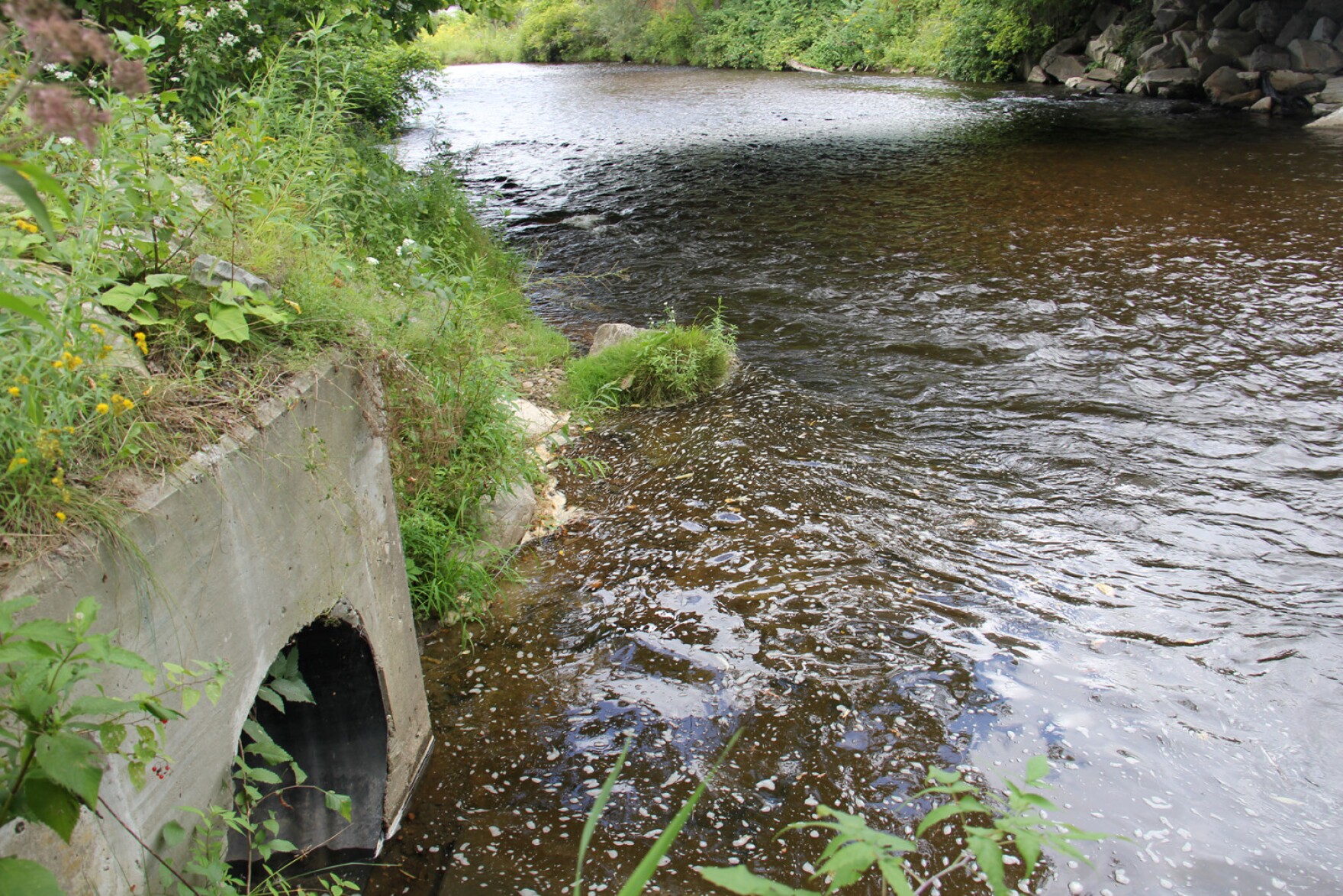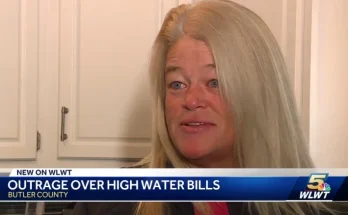Introduction
Water and sewer services are essential for human survival, public health, and community development. When it comes to small communities like Little River, having reliable and efficient water and sewer services can significantly impact the quality of life for residents. In this article, we will explore the role of Little River water and sewer services in its community’s growth, benefits, challenges, and future developments.
Little River Water Services
Little River’s water services are managed by the Little River Water and Sewerage Company, a public utility company that ensures Little River residents have access to safe and clean drinking water. The water source for Little River is the Little Pee Dee River, which provides a consistent supply of freshwater year-round.

Benefits of Little River Water Services
- Access to clean and safe drinking water: The Little River Water and Sewerage Company performs regular testing, treatment, and monitoring to ensure that its customers have access to high-quality drinking water.
- Promotes healthy living: Clean drinking water helps prevent waterborne diseases, promote good hygiene, and maintain overall health and well-being.
- Supports economic growth: Reliable water services attract businesses and industries that require sufficient water resources for operations such as manufacturing, agriculture, and tourism.
- Fire protection: The availability of water services is crucial for fire departments to respond quickly and effectively during emergencies.
Challenges Facing Little River Water Services
- Aging infrastructure: The water infrastructure in Little River is aging, which increases the risk of leaks, breaks, and outages.
- Water conservation: The Little Pee Dee River is the primary source of water for Little River, and its water levels can fluctuate during droughts. Water conservation efforts can help mitigate the impact of water scarcity and minimize water waste.
- Water quality concerns: The Little Pee Dee River also faces pollution risks from urbanization, industrialization, and agricultural runoff. The Little River Water and Sewerage Company must regularly monitor water quality to ensure that its customers have access to safe and clean drinking water.
Little River Sewer Services
Little River’s sewer services are also managed by the Little River Water and Sewerage Company, which is responsible for collecting and treating wastewater generated by households and businesses in the area.
Benefits of Little River Sewer Services
- Environmental protection: Proper wastewater treatment prevents contamination of water resources, reduces pollution levels, and protects public health.
- Public health: Sewer systems prevent the spread of waterborne diseases and promote good hygiene practices.
- Economic growth: Reliable sewer services attract businesses and industries that require proper waste management systems for their operations.
- Property value: Communities with efficient sewer systems tend to have higher property values than those without them.
Challenges Facing Little River Sewer Services
- Aging infrastructure: Like the water system, the sewer system in Little River is aging, which increases the risk of leaks, backups, and overflows.
- Capacity constraints: The existing sewer system in Little River may not be sufficient to accommodate future population growth or commercial development.
- Maintenance costs: Regular maintenance and upgrades are necessary to keep the sewer system functioning efficiently and to comply with environmental regulations.
Future Developments for Little River Water and Sewer Services
The Little River Water and Sewerage Company has several ongoing and planned initiatives aimed at improving the reliability, efficiency, and sustainability of its water and sewer services. These include:
- Infrastructure upgrades: The utility company plans to invest in upgrading its aging infrastructure to improve service reliability and reduce the risk of disruptions.
- Smart water management: The company is exploring the use of advanced technologies such as sensors, meters, and analytics to monitor water usage and identify leaks and inefficiencies.
- Sustainable practices: The company is committed to promoting water conservation and reducing its carbon footprint by implementing sustainable practices such as using renewable energy and reducing water waste.

Conclusion
Little River’s water and sewer services play a critical role in promoting the community’s health, economic growth, and quality of life. To ensure the continued availability and reliability of these services, it is essential to invest in infrastructure upgrades, promote water conservation, and adopt sustainable practices.
FAQs
Q1: Is Little River’s drinking water safe?
A: Yes, Little River’s drinking water is safe and meets all state and federal standards for water quality.
Q2: Does Little River have a wastewater treatment plant?
A: Yes, Little River has a wastewater treatment plant operated by the Little River Water and Sewerage Company.
Q3: How often does Little River test its drinking water?
A: Little River tests its drinking water at least once per month and reports the results to the South Carolina Department of Health and Environmental Control.
Q4: What should I do if I experience a water or sewer service outage in Little River?
A: If you experience a water or sewer service outage in Little River, contact the Little River Water and Sewerage Company’s customer service hotline at (843) 399-1888.
Q5: Can I pay my Little River water and sewer bill online?
A: Yes, the Little River Water and Sewerage Company offers online bill payment options on its website. Customers can also pay in person or by mail.



